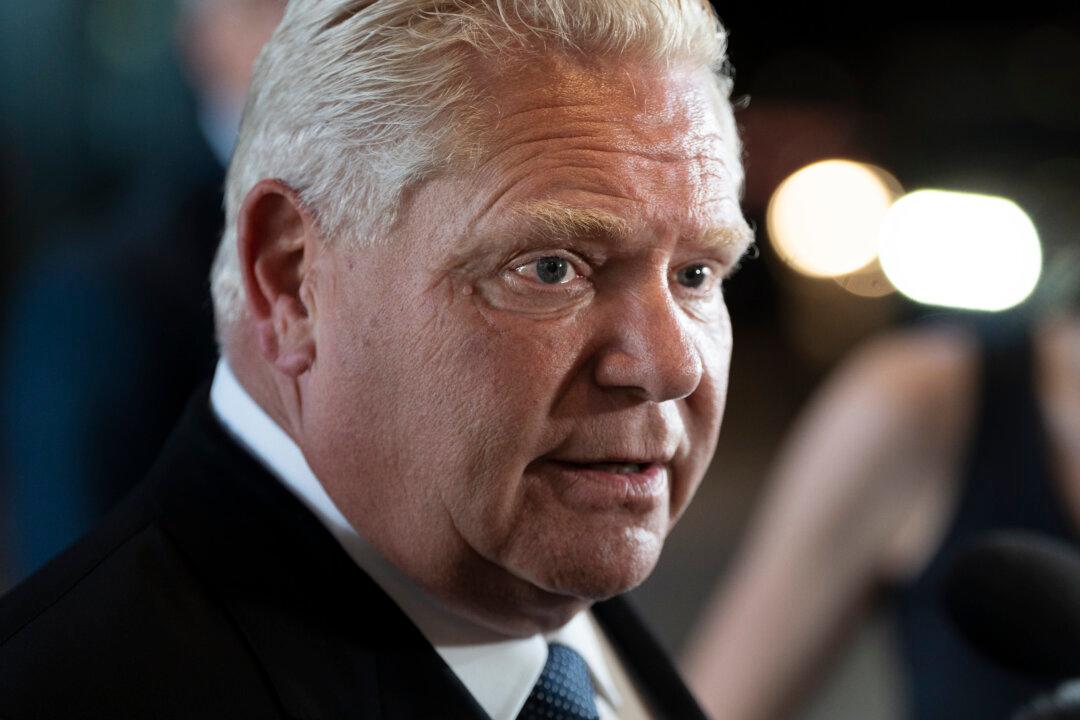Ontario Premier Doug Ford is advocating for a united front between Canada and the United States to confront trade issues arising from China, rather than resorting to a damaging trade war against each other.
Ford told CNN this week that it’s time to focus on China’s ploy of using Mexico to ship goods into North America and he called on President-elect Donald Trump to turn his attention to the east rather than imposing 25 percent tariffs on all Canadian exports after his Jan. 20 inauguration.





